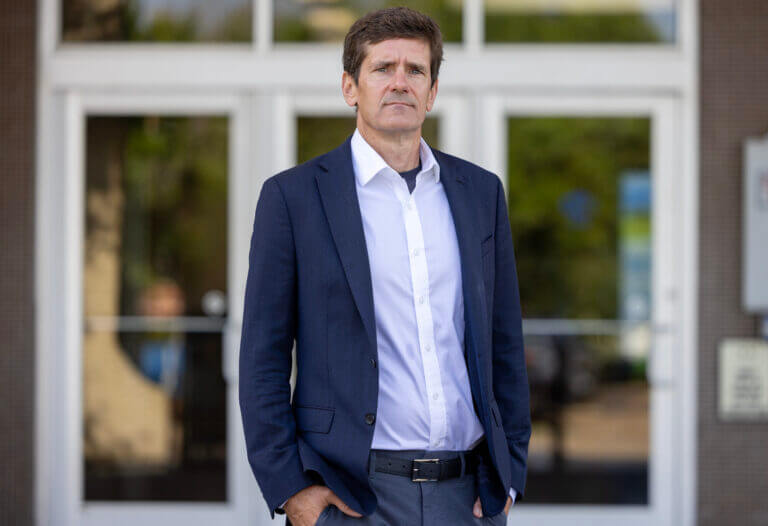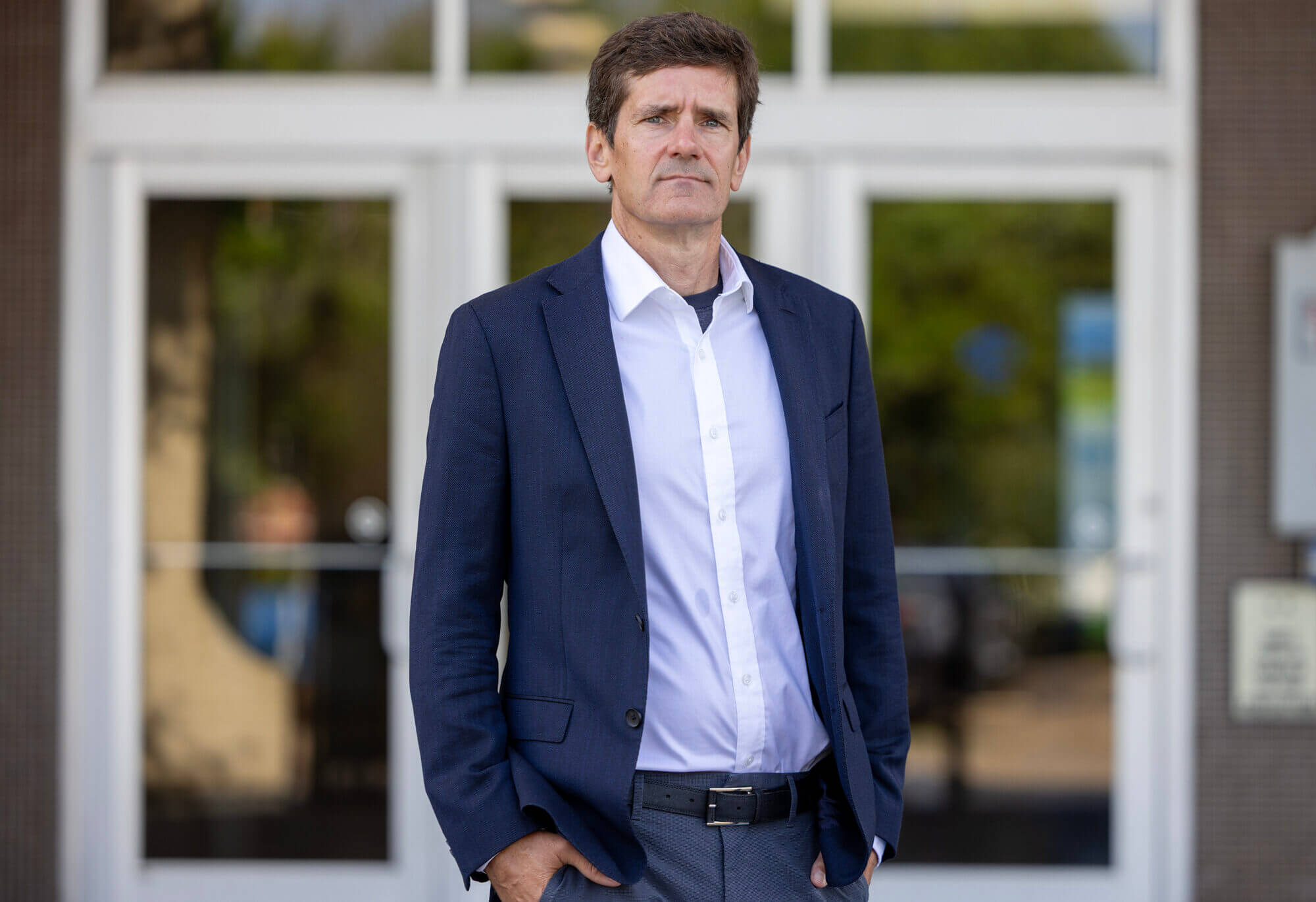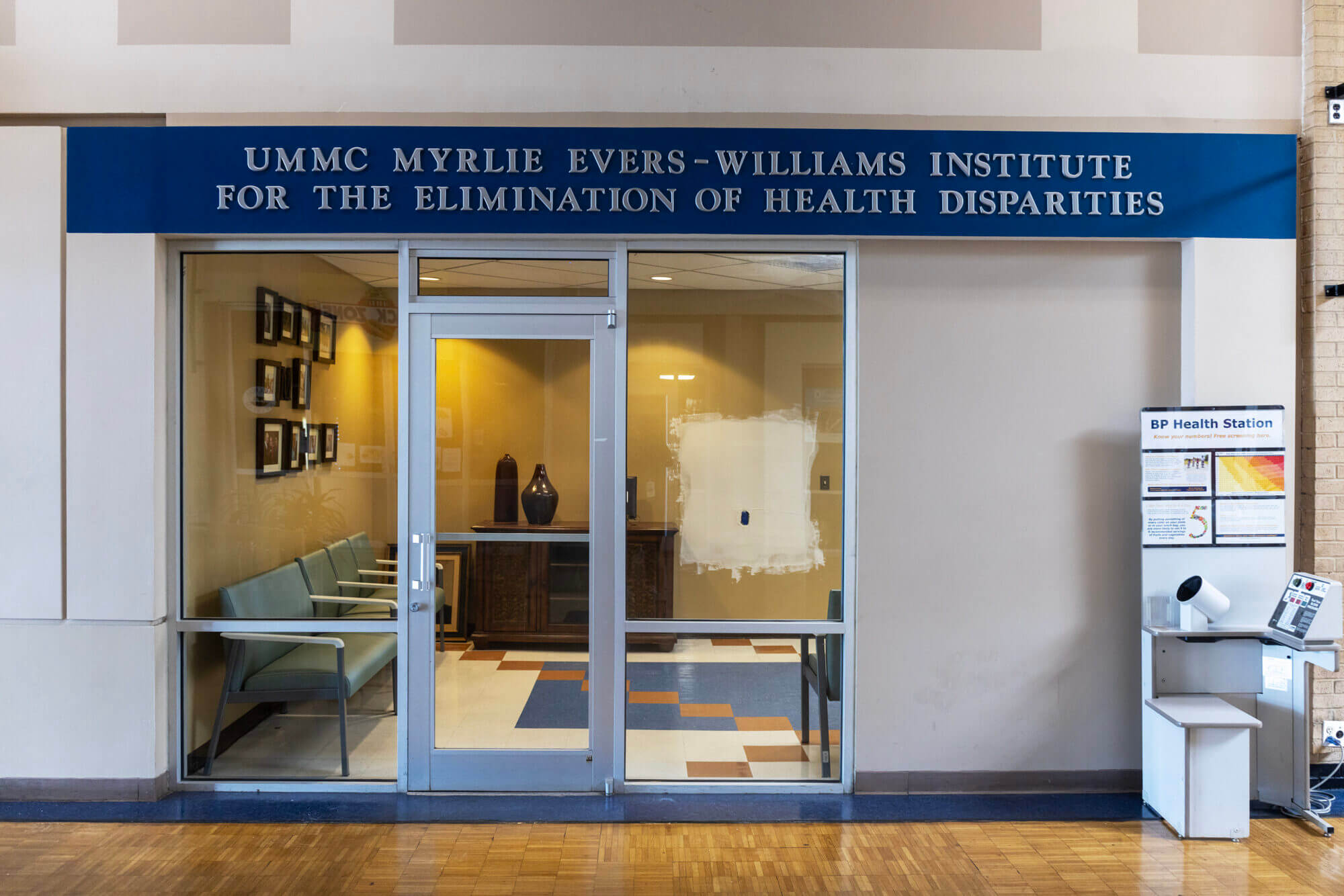

At the University of Mississippi Medical Center, one researcher’s full-time job for the past nine months has been to find out which clinics around the state offer different kinds of women’s health care, and whether they accept various forms of Medicaid.
The final result is a recently-launched database aimed at helping women locate the nearest clinic that can offer the care they need. The work that went into creating it highlights a pervasive problem: Even making an appointment can be a barrier that keeps women from improving their lives.
“We Need to Talk” is a compilation of all Mississippi clinics offering prenatal care – specifying which ones also offer family planning, and whether they take Medicaid insurance, Medicaid waivers and see women whose Medicaid applications are pending. There is also a hotline designed to give additional support to anyone having questions or feeling overwhelmed about the process.
“Having gone through the work, it was remarkable. It wasn’t easy to figure out where you should go for care,” said Dr. Thomas Dobbs, former state health officer and dean of the John D. Bower School of Population Health at UMMC, who oversaw the project. “And that should be one of the most basic bits of information we have.”
The idea was born from the recent 900% increase in babies born with syphilis, Dobbs explained, which he called a “canary in a coal mine” signaling more danger to come.
An investigation into the epidemic showed that one of the driving factors was delayed prenatal care, caused in large part by inaccessible information and concerns about cost, Dobbs said.
Finding reproductive and prenatal care can be difficult for several reasons.
For one thing, there are many different kinds of clinics in Mississippi, making it hard for patients to know what to search for. The list includes federally qualified health centers, county health department clinics and private OB-GYNs. Another reason is that many clinics don’t specify online whether they take Medicaid, much less what their policy is on specific or temporary Medicaid coverage. Calling doesn’t always guarantee patients a comprehensive or accurate answer.
The new database is an initiative of UMMC’s Myrlie Evers-Williams Institute – housed in the Jackson Medical Mall – which is committed to eliminating health disparities by studying the intersection of health and social issues. The institute has a clinic on site that practices what’s called “social medicine,” a key element of eliminating those disparities, the institute’s executive director Victoria Gholar explained.

“If you have a patient who has asthma and they’re living in a situation where mold is in their environment, it will really be hard for them to get better,” Gholar said. “Or, if we have a patient who has to use an electronic (medical) device, and their electricity is no longer available because they weren’t able to take care of their utility bill, then we try to work with them and connect them to resources that might be able to help.”
The institute employs a wide range of professionals who work on health from a non-clinical standpoint, such as researchers, community engagers, social workers and registered dietitians. It hosts events like food drives and offers free support from budgeting strategies to meal preparation for those with conditions like diabetes or high blood pressure.
Aside from knowing what to search for, finding clinics that accept Medicaid can also be complicated because Mississippi Medicaid eligibility is constantly changing for a woman based on her age and circumstance – what kinds of services she’s seeking, as well as whether she’s pregnant.
Medicaid eligibility in Mississippi is among the strictest in the nation, with one exception – pregnant women. That means many low-income women only become eligible for Medicaid once pregnant. And since an application can take up to eight weeks to be processed, the chances that a woman in this situation will be able to use her newly-acquired Medicaid insurance in the first trimester are slim.
A law that would cut out this interim period and allow low-income pregnant women to be immediately seen by a doctor passed the Legislature in 2024, but was never implemented because of legislative errors. The policy went back through the Legislature in 2025, passed overwhelmingly again, but is not yet in effect.
Some doctors already see women whose Medicaid application is pending, and the UMMC tool specifies at which clinics that’s the case.
Women of reproductive age seeking reproductive health care are also eligible for leniency in the typical Medicaid stipulations. These women can apply for a Medicaid family planning waiver, which allows them to access Medicaid for family planning purposes, even if they don’t qualify for general Medicaid coverage.
The income requirement for pregnancy Medicaid and the family planning waiver is a household income of less than 194% of the federal poverty level, or about $2,500 for one person in 2025.
Dobbs, who has been the main point person on the project, said he hopes the online database is one more resource improving health care accessibility and women’s health metrics in Mississippi.
“This isn’t about getting patients to UMMC at all,” Dobbs said. “It’s about empowering patients to be able to get the care they need where they live.”
- Mississippi Marketplace: data center ups and downs, alcohol shortages and new manufacturing projects - February 19, 2026
- More Mississippi students are graduating despite pandemic-era disruptions, new data shows - February 19, 2026
- Education advocates says Mississippi needs honest, nuanced school choice discussion - February 19, 2026